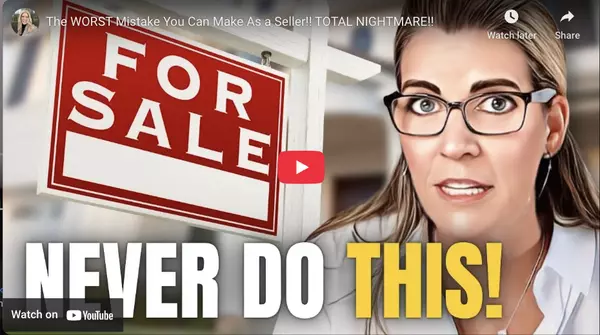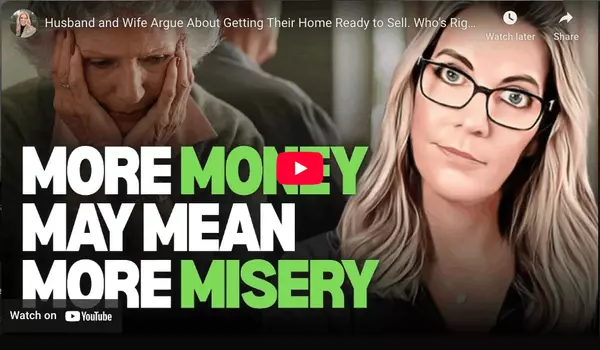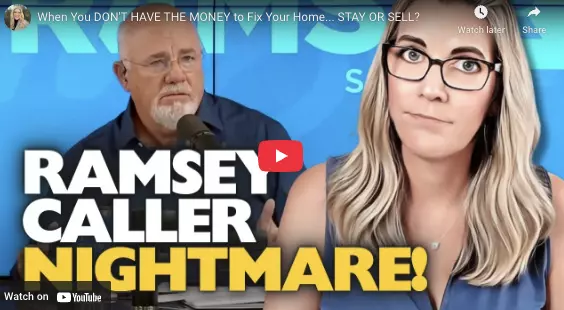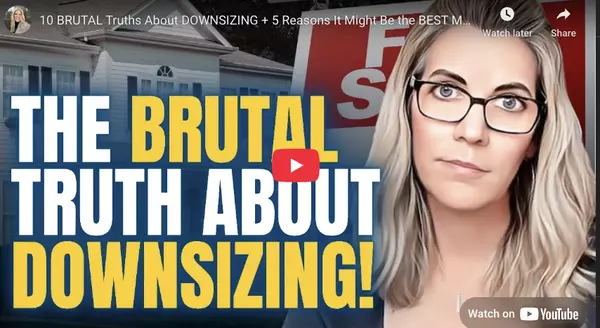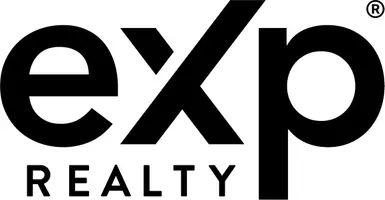The Shocking Truth About Replacing Your Roof Before Selling
Why Should You Replace Your Roof if You Are Going to Be Selling Your House?
When it comes to selling your home, making strategic decisions about renovations and improvements can significantly impact the success of the sale. One aspect that has gained unexpected importance in recent times is the condition of the roof. Traditionally, homeowners have hesitated to replace a roof just before selling, considering it an investment with uncertain returns. However, today’s buyer needs, particularly related to insurance requirements, are changing the landscape. Let’s discuss why replacing your roof before moving might be crucial in ensuring a successful home sale.
The Shifting Landscape:
Real estate agent experiences often shape perspectives on home improvement recommendations. As the real estate market evolves, so do the challenges and considerations for both sellers and buyers. The most recent shift involves insurance companies imposing restrictions on roofs older than ten years.
The Unforeseen Insurance Hurdle:
While the initial assumption might be that a well-maintained roof should not pose problems during a home sale, the reality is proving different. There have been many times that buyers, despite finding a house in great condition, faced challenges obtaining insurance due to the age of the roof even with “good” conditions. In some regions, like Florida, this has been a long-standing issue, but it's now emerging in other markets as well.
Two Case Studies:
In the first scenario, the seller chose not to replace a roof with a few more years of life left, relying on the possibility of offering a credit to the buyer. However, this decision didn't prevent insurance-related complications, causing stress and almost derailing the deal entirely.
In the second case, a seemingly well-maintained 12-year-old roof became a stumbling block for potential buyers who couldn't secure insurance. Despite the roof having a substantial lifespan remaining, insurance companies' policies regarding roofs older than ten years disrupted the sale.
The Crucial Role of Insurance:
The changing dynamics of the insurance industry, especially in states like Florida, are affecting the success of real estate transactions. Insurance companies are becoming increasingly stringent about covering homes with older roofs, potentially jeopardizing deals even when an older roof is in good condition.
Recommendation for Sellers:
Given the evolving landscape and the potential for insurance-related hurdles, there are options for sellers. If your roof is around ten years old and you're considering selling your home, the recommendation is to replace it before putting the property on the market. The emphasis is not on obtaining a return on investment but on ensuring a smooth closing process by eliminating insurance-related obstacles and potentially messy transactions.
Conclusion:
As the real estate industry undergoes changes influenced by external factors such as insurance policies, sellers need to adapt their strategies. The age of the roof, once a secondary consideration, is now emerging as a crucial factor in completing a successful home sale. While the upfront cost of roof replacement might be daunting, the potential for avoiding deal-breaking issues during the closing process makes it a prudent investment. In the ever-changing landscape of real estate, staying informed about such nuances is key to navigating your local market effectively.
Recent Posts



